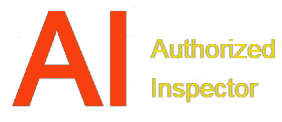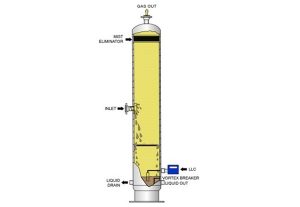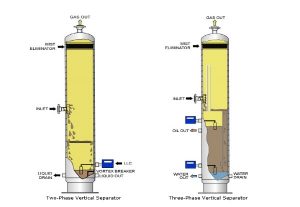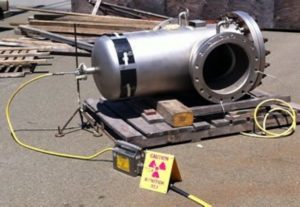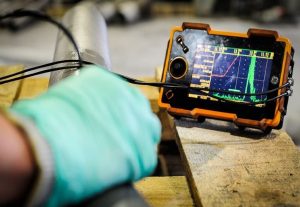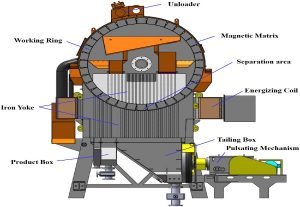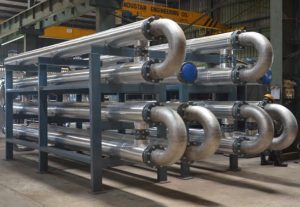Welding is a critical aspect of B31.1 piping design and construction. The ASME® B31.1 Code provides specific requirements for welding procedures to ensure the quality and integrity of piping systems.
Key Considerations for Welding Procedures:
- Welder Qualification:
- Welders must be qualified to perform specific welding processes and material combinations.
- Qualification tests, such as bend tests, tensile tests, and radiographic examination, are required to assess a welder’s skill.
- Welding Procedure Specification (WPS):
- A WPS outlines the specific procedures for welding a particular joint.
- It includes information on welding process, welding parameters, filler metal, and post-weld heat treatment.
- WPSs must be qualified and approved by the manufacturer’s quality assurance department.
- Welding Processes:
- Shielded Metal Arc Welding (SMAW): A widely used process for various materials.
- Gas Metal Arc Welding (GMAW): Often used for thicker materials and high-production applications.
- Gas Tungsten Arc Welding (GTAW): Used for precision welding and welding thin materials.
- Flux-Cored Arc Welding (FCAW): A versatile process suitable for a wide range of applications.
- Post-Weld Heat Treatment (PWHT):
- PWHT is used to relieve residual stresses and improve the mechanical properties of welds.
- The specific PWHT procedure must be specified in the WPS.
- The heating and cooling rates, as well as the holding time at the specified temperature, must be controlled.
- Non-Destructive Examination (NDE):
- NDE techniques, such as radiographic testing, ultrasonic testing, and magnetic particle inspection, are used to verify the quality of welds.
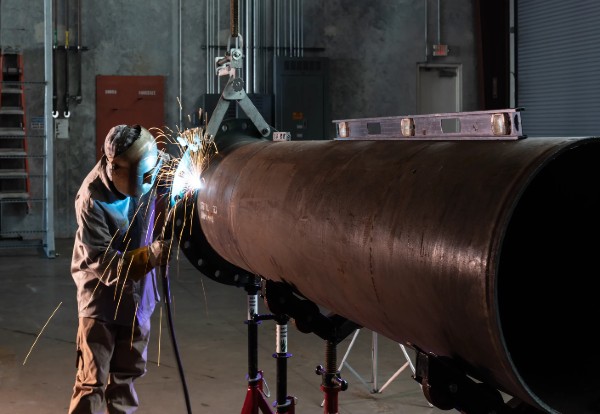
Pictured above: Welder welding on metal
Code Requirements for Welding Procedures:
The ASME® B31.1 Code provides specific requirements for welding procedures, including:
- Welding Procedure Qualification: The WPS must be qualified through a series of tests.
- Welder Qualification: Welders must be qualified to perform specific welding processes and material combinations.
- Welding Variables: Welding variables, such as current, voltage, and travel speed, must be controlled.
- Post-Weld Heat Treatment: PWHT requirements are specified in the code.
- NDE Requirements: The code specifies the NDE techniques that must be used to verify weld quality.
By adhering to the ASME® B31.1 Code and following proper welding procedures, engineers can ensure the safety and reliability of piping systems.


